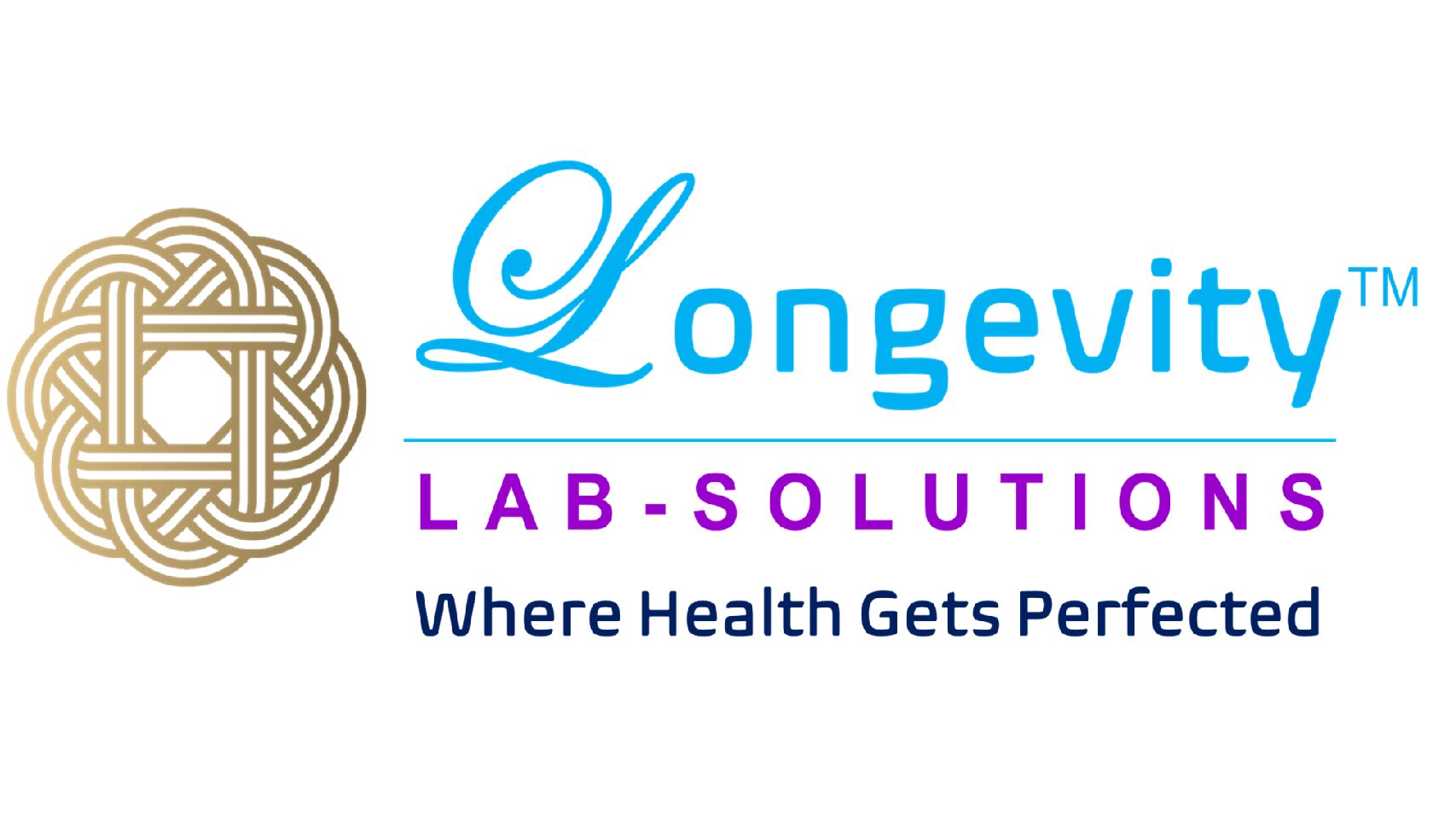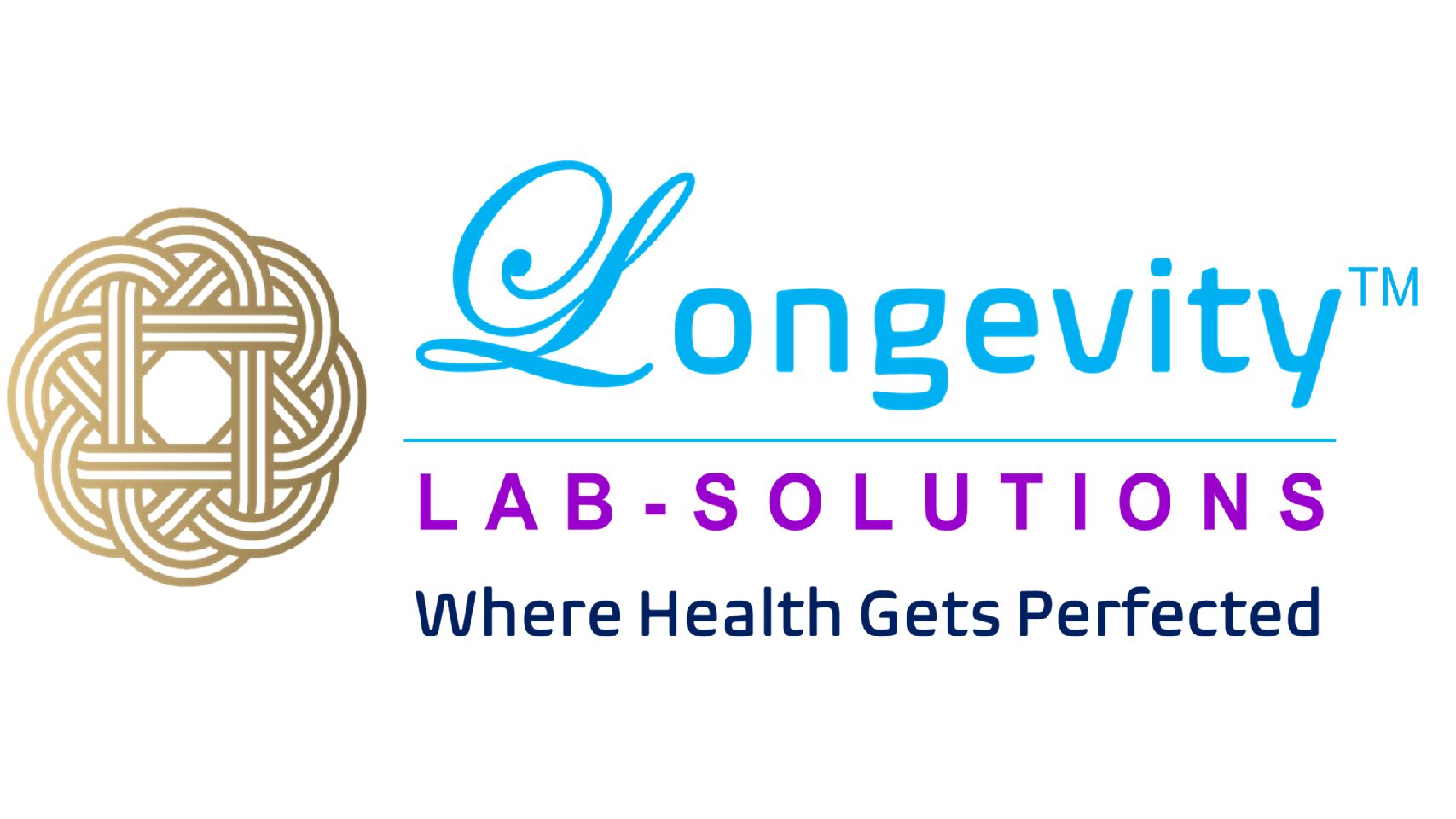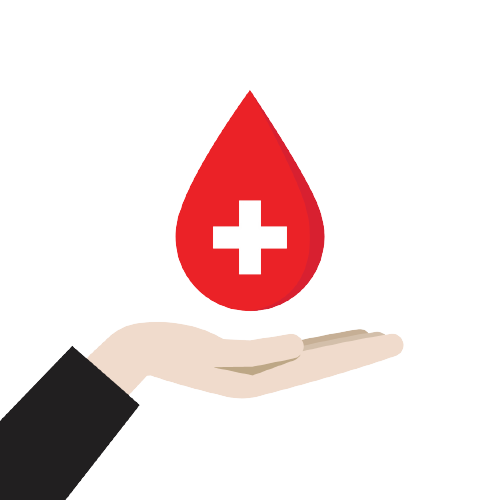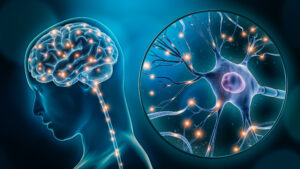Hormone Blood Test, Basic
$199.00
The Hormone Balance Blood Test is a vital diagnostic tool for assessing and managing various aspects of health. By measuring levels of key hormones such as thyroid hormones, cortisol, insulin, and sex hormones like estrogen, progesterone, and testosterone, this test provides critical insights into how well different systems in the body are functioning. Hormonal imbalances can lead to a range of issues, including fatigue, weight gain, mood swings, and reproductive problems. Identifying these imbalances early through a hormone blood test allows for targeted treatment plans to restore balance and improve overall health. Regular monitoring of hormone levels helps in maintaining optimal physiological function, supporting better energy levels, mood stability, and overall well-being.
Analytes in this test: 7 Analytes Tested:- Cortisol, Dehydroepiandrosterone Sulfate (DHEA-S), Estradiol, Insulin, Progesterone, Testosterone, Thyroid Stimulating Hormone (TSH)
Description
About the Test
The Hormone Balance Blood Test is a vital diagnostic tool for assessing and managing various aspects of health. By measuring levels of key hormones such as thyroid hormones, cortisol, insulin, and sex hormones like estrogen, progesterone, and testosterone, this test provides critical insights into how well different systems in the body are functioning. Hormonal imbalances can lead to a range of issues, including fatigue, weight gain, mood swings, and reproductive problems. Identifying these imbalances early through a hormone blood test allows for targeted treatment plans to restore balance and improve overall health. Regular monitoring of hormone levels helps in maintaining optimal physiological function, supporting better energy levels, mood stability, and overall well-being.
Analytes in this test: 7 Analytes Tested:- Cortisol, Dehydroepiandrosterone Sulfate (DHEA-S), Estradiol, Insulin, Progesterone, Testosterone, Thyroid Stimulating Hormone (TSH)
Analytes Tested
7 Analytes Tested
- Cortisol
- Dehydroepiandrosterone Sulfate (DHEA-S)
- Estradiol
- Insulin
- Progesterone
- Testosterone
- Thyroid Stimulating Hormone (TSH)
Cortisol
Cortisol is a hormone produced by the adrenal glands, which are located on top of the kidneys. It belongs to a group of hormones called glucocorticoids and is involved in regulating various processes in the body, including metabolism, immune response, stress response, and inflammation. Here are some key points about cortisol:
-
Stress response: Cortisol plays a vital role in the body’s response to stress. When a person experiences a stressful situation, cortisol levels rise as part of the “fight-or-flight” response. It helps mobilize energy, increases blood sugar levels, and suppresses non-essential functions, such as digestion and immune response.
-
Diurnal rhythm: Cortisol levels follow a diurnal rhythm, meaning they naturally fluctuate throughout the day. Typically, cortisol levels are highest in the morning upon waking up and gradually decrease as the day progresses, reaching their lowest point at night.
-
Metabolism: Cortisol is involved in the regulation of metabolism, particularly in the breakdown of carbohydrates, proteins, and fats. It can influence blood sugar levels, promote gluconeogenesis (the production of glucose from non-carbohydrate sources), and play a role in managing insulin sensitivity.
-
Inflammation and immune response: Cortisol has anti-inflammatory properties and helps regulate the immune response. It can suppress the immune system to prevent excessive inflammation and immune reactions. However, chronically elevated cortisol levels can suppress immune function and increase the risk of infections.
-
Cortisol and health conditions: Abnormal cortisol levels can be associated with various health conditions. High or prolonged elevation of cortisol, such as in conditions like Cushing’s syndrome, can lead to symptoms like weight gain, high blood pressure, and mood changes. Low cortisol levels, such as in conditions like Addison’s disease, can result in fatigue, weight loss, and low blood pressure.
It’s important to note that cortisol levels can be influenced by various factors, including stress, sleep patterns, exercise, medications, and underlying health conditions. If you have concerns about your cortisol levels or suspect an imbalance, it’s recommended to consult with a healthcare professional who can evaluate your symptoms, medical history, and potentially order appropriate tests to assess cortisol levels accurately.
DHEA-S (dehydroepiandrosterone sulfate)
DHEA-S (dehydroepiandrosterone sulfate) is a hormone produced by the adrenal glands. It is the sulfated form of DHEA, a precursor hormone that can be converted into other hormones, such as testosterone and estrogen. Here are some key points about DHEA-S:
-
Production and levels: DHEA-S is the most abundant circulating steroid hormone in the body. It is primarily produced by the adrenal glands, but it can also be synthesized in other tissues. DHEA-S levels peak in early adulthood and decline with age.
-
Hormonal balance: DHEA-S plays a role in maintaining hormonal balance in the body. It is a precursor to sex hormones, including testosterone and estrogen. DHEA-S levels can impact the overall hormone profile and influence various aspects of health and well-being.
-
Age-related changes: DHEA-S levels decline as people age. This decline is a natural part of the aging process and is not necessarily indicative of a health problem. However, low DHEA-S levels have been associated with certain age-related conditions and may impact overall vitality and well-being.
-
Effects on body composition: DHEA-S has been linked to body composition and metabolism. Studies suggest that higher levels of DHEA-S may be associated with increased muscle mass, improved insulin sensitivity, and potentially reduced body fat percentage. However, the relationship between DHEA-S and body composition is complex and can be influenced by other factors such as age, sex, genetics, and lifestyle.
-
Supplemental use: DHEA-S supplementation is available as an over-the-counter dietary supplement. However, the use of DHEA-S supplements for various health conditions is still a topic of debate, and its long-term effects and safety have not been fully established. DHEA-S supplementation should be used under the guidance of a healthcare professional if deemed necessary.
If you have concerns about DHEA-S levels or are considering supplementation, it is recommended to consult with a healthcare professional, such as an endocrinologist or a primary care physician. They can assess your individual situation, evaluate hormone levels if necessary, provide personalized guidance, and discuss any potential benefits or risks associated with DHEA-S supplementation.
Estradiol
Estradiol is a type of estrogen hormone that is produced primarily by the ovaries in women and, to a lesser extent, by the testes in men. Estradiol plays a key role in the development and maintenance of female reproductive function, including the menstrual cycle, the growth and development of the breasts and uterus, and the maintenance of bone density. Estradiol levels can be measured through a blood test and may be used to diagnose certain reproductive disorders or to monitor hormonal therapy. In men, elevated levels of estradiol may be associated with conditions such as gynecomastia (enlarged breast tissue) or decreased testosterone levels. It’s important to talk to a healthcare provider about any concerns related to estradiol or other hormone levels.
An estradiol blood test is a laboratory test that measures the levels of estradiol, a type of estrogen hormone, in the blood. Estradiol plays a key role in the development and maintenance of female reproductive function, including the menstrual cycle, the growth and development of the breasts and uterus, and the maintenance of bone density.
An estradiol blood test may be ordered for a variety of reasons, such as to evaluate menstrual irregularities, infertility, or symptoms of menopause. Abnormal estradiol levels may indicate certain medical conditions, such as ovarian dysfunction, thyroid dysfunction, or polycystic ovary syndrome (PCOS).
Interpreting estradiol blood test results requires the expertise of a healthcare provider, who can evaluate the results in the context of the patient’s medical history and symptoms. If abnormal estradiol levels are detected, the healthcare provider may order additional tests or recommend further evaluation to determine the underlying cause and appropriate treatment.
It’s important to talk to a healthcare provider about any concerns related to estradiol or other hormone levels and whether an estradiol blood test is necessary or appropriate.
Insulin
Insulin is a hormone produced by the beta cells of the pancreas. It plays a crucial role in regulating blood sugar (glucose) levels in the body and maintaining overall glucose homeostasis. Here are some key points about insulin:
-
Glucose regulation: Insulin helps regulate glucose levels in the bloodstream. After eating, especially when consuming carbohydrates, the body digests food into glucose, which is then absorbed into the bloodstream. In response to rising blood glucose levels, the pancreas releases insulin. Insulin acts on various tissues, such as muscle, liver, and fat cells, to facilitate glucose uptake and utilization, thereby lowering blood glucose levels.
-
Anabolic hormone: Insulin is considered an anabolic hormone, meaning it promotes the storage and synthesis of energy substrates. In addition to glucose uptake, insulin stimulates the storage of glucose as glycogen in the liver and muscles. It also promotes the conversion of glucose into fat (lipogenesis) and inhibits the breakdown of stored fats (lipolysis).
-
Insulin resistance: Insulin resistance occurs when cells become less responsive to the effects of insulin, resulting in reduced glucose uptake and impaired glucose regulation. It is a characteristic feature of conditions such as type 2 diabetes and metabolic syndrome. In response to insulin resistance, the pancreas may increase insulin production to compensate, leading to elevated insulin levels in the blood (hyperinsulinemia).
Regulation of other metabolic processes: Insulin also affects other metabolic processes in the body. It promotes protein synthesis, inhibits protein breakdown (proteolysis), and influences the uptake and storage of amino acids. Insulin also plays a role in the regulation of lipid metabolism and can affect the synthesis and storage of triglycerides.
Clinical significance: Monitoring insulin levels and assessing insulin sensitivity is important in the diagnosis and management of various metabolic disorders, such as diabetes and metabolic syndrome. Tests such as fasting insulin levels, insulin resistance index (e.g., HOMA-IR), and glucose tolerance tests can provide insights into insulin function and help guide treatment approaches.
If you have concerns about insulin levels or suspect a metabolic disorder, it is recommended to consult with a healthcare professional, such as an endocrinologist or a primary care physician. They can assess your symptoms, medical history, and perform appropriate tests to evaluate insulin function and provide personalized guidance based on your specific situation.
Progesterone
Progesterone is a crucial hormone in the body, playing a significant role in the menstrual cycle, pregnancy, and overall reproductive health. In women, progesterone is primarily produced in the ovaries following ovulation each month, preparing the uterus for a potential pregnancy by thickening its lining. If pregnancy occurs, progesterone levels remain elevated to support the developing fetus and prevent further ovulation. Additionally, progesterone helps regulate the menstrual cycle and can influence mood and overall well-being. Low levels of progesterone can lead to irregular menstrual cycles, difficulties with conception, and symptoms such as mood swings and fatigue. Progesterone levels can be assessed through blood tests, providing valuable information for diagnosing and managing conditions related to hormonal imbalances. Monitoring and maintaining healthy progesterone levels is essential for reproductive health and overall hormonal balance.
While progesterone is commonly associated with female reproductive health, it also plays important roles in men. In men, progesterone is produced in smaller amounts by the adrenal glands and testes. It serves as a precursor to other vital hormones, including testosterone and cortisol, and helps regulate various bodily functions.
Progesterone in men contributes to the balance of other hormones, maintaining overall hormonal equilibrium. It plays a role in sperm development and is involved in regulating mood, energy levels, and immune function. Additionally, progesterone has anti-inflammatory properties and helps protect against the negative effects of excess estrogen, which can include conditions such as gynecomastia (the development of breast tissue in men).
Low progesterone levels in men can lead to issues such as fatigue, mood disturbances, reduced libido, and an increased risk of developing conditions related to hormonal imbalance, such as prostate problems. Blood tests can measure progesterone levels, providing valuable insights for diagnosing and managing these issues. Ensuring balanced progesterone levels is essential for men’s health and well-being.
Testosterone
Testosterone is a male sex hormone that is produced by the testicles in men and in smaller amounts by the ovaries in women. It plays a key role in male sexual development, including the growth of the penis and testicles, the deepening of the voice, and the growth of facial and body hair. Testosterone also helps regulate bone density, muscle mass and strength, and red blood cell production. In addition, it is important for maintaining a healthy libido and overall well-being. Low testosterone levels can lead to decreased sexual function, decreased muscle mass, decreased bone density, and increased body fat. A blood test can be used to measure testosterone levels, and testosterone replacement therapy may be recommended for individuals with low testosterone levels.
Testosterone is made by:
- The testicles (or testes), the part of the male reproductive system that makes sperm
- The ovaries, the part of the female reproductive system that makes eggs
- The adrenal glands, organs on top of each kidney that make several hormones
During male puberty, testosterone causes body hair, muscle growth, and a deepening voice. In adult life, it controls sex drive, maintains muscle mass, and helps make sperm. In females, testosterone is important for the growth of bones and muscles, and healthy organs.
Thyroid Stimulating Hormone (TSH)
Thyroid Stimulating Hormone (TSH) is a critical hormone produced by the pituitary gland that regulates the function of the thyroid gland. The primary role of TSH is to stimulate the thyroid gland to produce and release thyroid hormones, specifically thyroxine (T4) and triiodothyronine (T3). These hormones are essential for regulating the body’s metabolism, energy production, and overall metabolic rate.
Measuring TSH levels through a blood test is a key diagnostic tool for assessing thyroid function. Elevated TSH levels may indicate hypothyroidism, a condition where the thyroid is underactive and not producing sufficient thyroid hormones. Symptoms of hypothyroidism can include fatigue, weight gain, cold intolerance, and depression. Conversely, low TSH levels may suggest hyperthyroidism, where the thyroid is overactive and produces excessive thyroid hormones, leading to symptoms such as weight loss, increased heart rate, heat intolerance, and anxiety.
Regular monitoring of TSH levels is crucial for individuals with thyroid disorders to ensure appropriate management and treatment. Maintaining balanced TSH levels is essential for optimal metabolic health, energy levels, and overall well-being.
Specimen Requirements
SST tube of blood, serum
Turn Around Time
7 – 10 Days
Price For Test
Price For Test: $199







